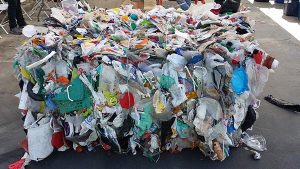
A bale of plastics No. 3-7. Source: Association of Plastic Recyclers.
The idling of a Baltimore-area plastic recovery facility is the kind of slowdown that’s expected in an innovative project showcasing a still-developing business model, according to a financial backer.


 Colin Staub was a reporter and associate editor at Resource Recycling until August 2025.
Colin Staub was a reporter and associate editor at Resource Recycling until August 2025.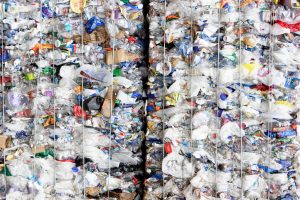 RES Polyflow’s Michael Dungan says fluctuating oil prices and developments in Asia will continue to affect pyrolysis companies, but he thinks a bigger issue may be a regulatory landscape that he believes is dated and detrimental to technology adoption.
RES Polyflow’s Michael Dungan says fluctuating oil prices and developments in Asia will continue to affect pyrolysis companies, but he thinks a bigger issue may be a regulatory landscape that he believes is dated and detrimental to technology adoption.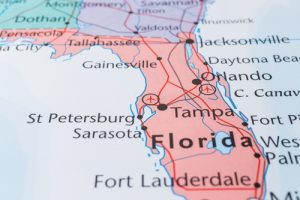 A recycling company planning a new MRF in a Florida county has been denied a property tax exemption in part because the business was judged to be not innovative enough.
A recycling company planning a new MRF in a Florida county has been denied a property tax exemption in part because the business was judged to be not innovative enough.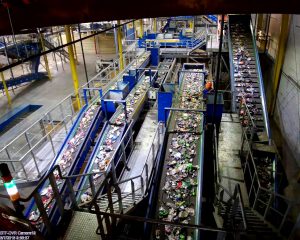 A joint-venture plastics recovery facility in Maryland will end operations in the coming days, citing challenges in the post-consumer plastics industry and pointing to a need to upgrade its equipment.
A joint-venture plastics recovery facility in Maryland will end operations in the coming days, citing challenges in the post-consumer plastics industry and pointing to a need to upgrade its equipment.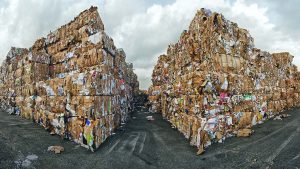 The top recycling executive at Pratt Industries views China’s planned imports prohibition as a chance for the U.S. industry to clean up its stream.
The top recycling executive at Pratt Industries views China’s planned imports prohibition as a chance for the U.S. industry to clean up its stream. Nobody enjoys learning their property has been towed, and the country’s third largest hauler is no exception. Waste Connections has filed a lawsuit against Rubicon Global, claiming it is hiring towing companies to remove its containers from properties in Texas.
Nobody enjoys learning their property has been towed, and the country’s third largest hauler is no exception. Waste Connections has filed a lawsuit against Rubicon Global, claiming it is hiring towing companies to remove its containers from properties in Texas. U.S. recycling leaders who are closely tied to export markets say China’s proposed prohibition on recovered plastic and paper imports could drive changes all the way back to the curb.
U.S. recycling leaders who are closely tied to export markets say China’s proposed prohibition on recovered plastic and paper imports could drive changes all the way back to the curb.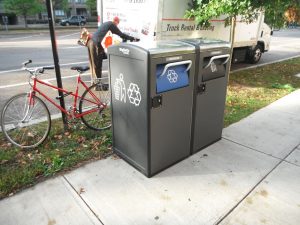 A U.S. manufacturer of solar-powered recycling and garbage compacting receptacles claims another equipment company has copied its patent-protected technology.
A U.S. manufacturer of solar-powered recycling and garbage compacting receptacles claims another equipment company has copied its patent-protected technology.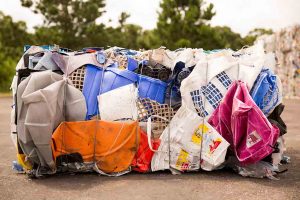 In bulky rigid plastics recycling, the materials recovery facility is at the center of the equation. But downstream developments have also been key to monetizing a material that was long seen as a contaminant.
In bulky rigid plastics recycling, the materials recovery facility is at the center of the equation. But downstream developments have also been key to monetizing a material that was long seen as a contaminant. A proposal to cut the U.S. EPA’s budget by $528 million has cleared a U.S. House of Representatives committee, paving the way for a floor vote on the program-specific funding allocation.
A proposal to cut the U.S. EPA’s budget by $528 million has cleared a U.S. House of Representatives committee, paving the way for a floor vote on the program-specific funding allocation.